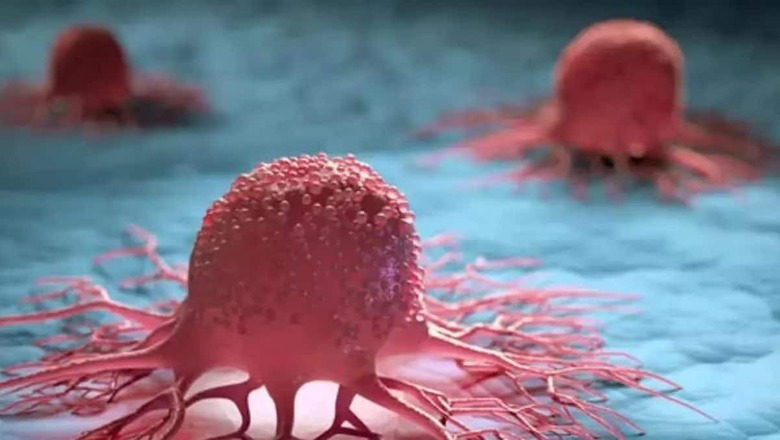
views
Blood cancer, or hematologic cancer, encompasses various types, including lymphoma, leukaemia, and multiple myeloma, and originates in the blood-forming tissues such as the bone marrow and lymphatic system. These cancers disrupt the production of red blood cells and impair the immune system, posing significant health challenges.
Dr Raajit K Rampal, MD, PhD, Leukemia Specialist, Memorial Sloan Kettering Cancer Center, New York, says, “Smoking and alcohol consumption are critical risk factors for developing blood cancers. Cigarettes contain numerous carcinogenic chemicals, with research indicating that around 20 percent of acute myeloid leukaemia (AML) cases are linked to smoking. The harmful substances in tobacco can damage or alter DNA, weakening the immune system and making it more susceptible to the uncontrolled growth of cancer cells. This DNA damage can lead to mutations that are difficult to control, significantly increasing the risk of cancer. Similarly, excessive alcohol intake can interfere with the bone marrow’s ability to produce new cells, further complicating the body’s ability to maintain a healthy blood cell count. Alcohol can also disrupt the production and function of cells in the immune system, making it harder for the body to fight off infections and diseases, including cancer.”
By reducing or eliminating smoking and alcohol consumption, individuals can significantly lower their risk of developing blood cancer. “For those already diagnosed, quitting these habits can improve treatment outcomes and overall health,” signs off Dr Rampal.



















Comments
0 comment